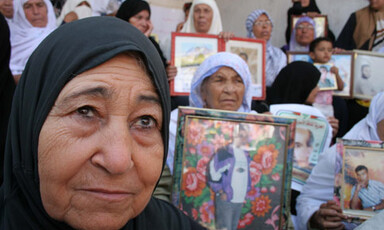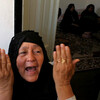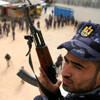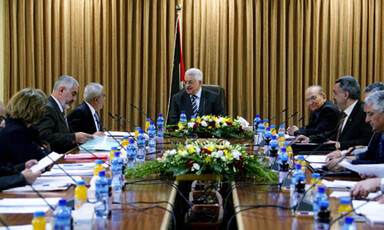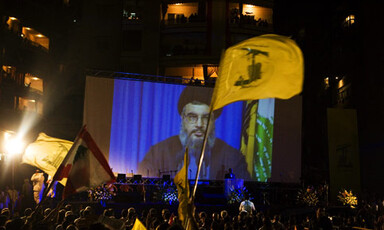
Revisiting the summer war
16 August 2007
This week marks a year since the end of hostilities now officially called the Second Lebanon War by Israelis. A month of fighting — mostly Israeli aerial bombardment of Lebanon, and rocket attacks from the Shia militia Hizballah on northern Israel in response — ended with more than 1,000 Lebanese civilians and a small but unknown number of Hizballah fighters dead, as well as 119 Israeli soldiers and 43 civilians. EI contributor Jonathan Cook finds that many significant developments since the war have gone unnoticed, including several that seriously put in question Israel’s account of what happened last summer. Read more about Revisiting the summer war
